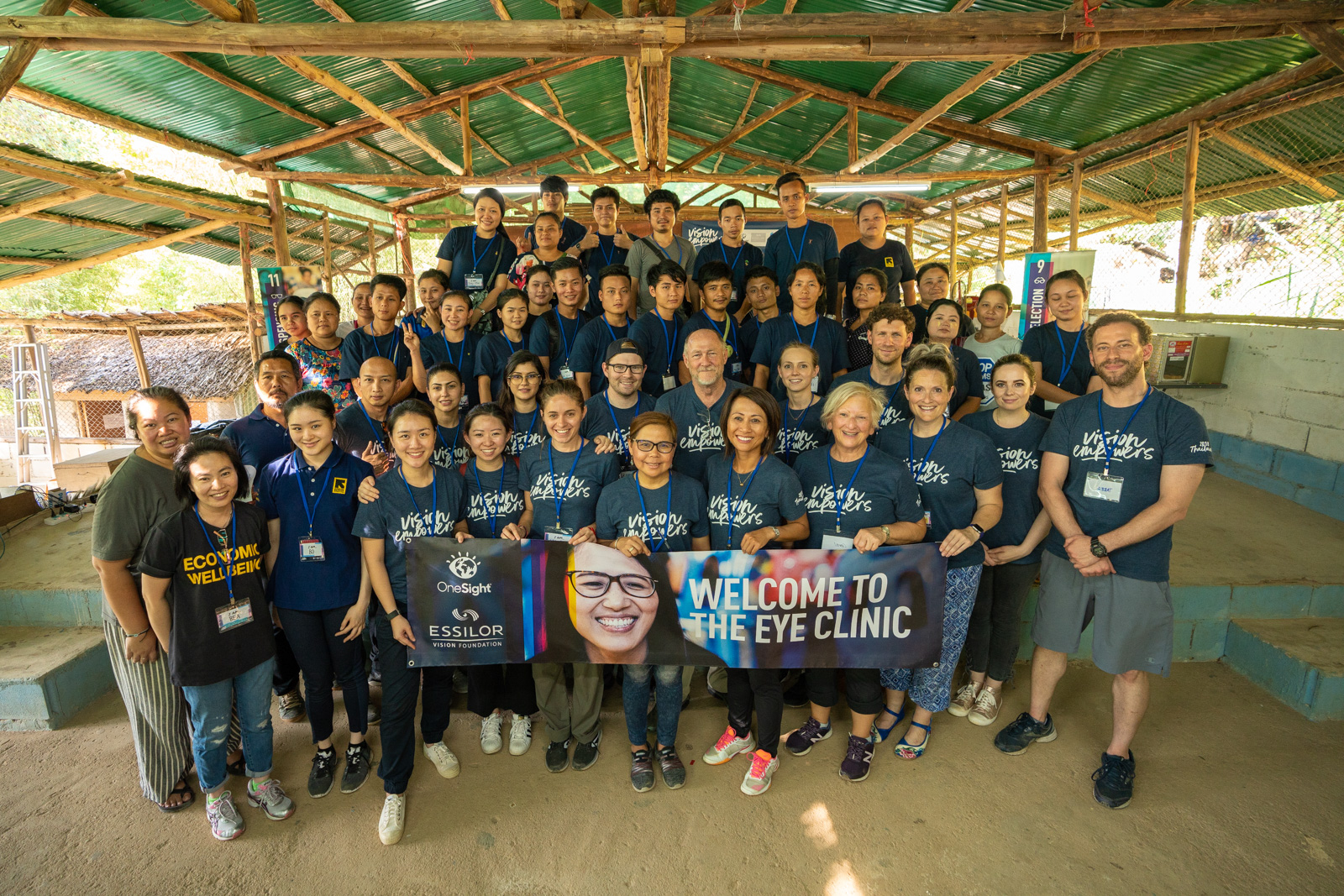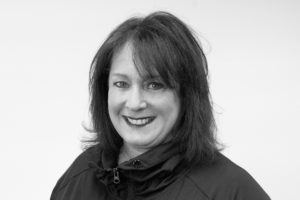
OneSight Program Manager
Partnerships are right at the heart of what makes most nonprofit work possible. Most of us are out to change the world in some way—big or small—and it’s hard to do that all by yourself. Volunteers, sponsors, like-minded charities or companies that share a mission, governments all contribute. My organization, OneSight, is no exception.
OneSight’s goal is to make sure that everyone has access to vision care. And we mean everyone, all 1.1 billion people who can’t get an eye exam or a pair of glasses. Sometimes that means holding charitable clinics for 1-2 weeks where we give out made-to-order glasses for free. Other times it means creating self-sustaining vision centers that provide ongoing access to the surrounding community.

My job involves the former. I’m a Programming Manager— that means I help plan, coordinate, and run clinics all over the world. And let me tell you, that also means being an expert at partnerships. Actually, at relationships. Because that’s what makes successful partnerships work. Here’s what I’ve learned that helps make those relationships successful:
1. Be vulnerable
Good communication is a given. If you aren’t communicating regularly with your partner organizations regularly and honestly, chances are you won’t have a strong foundation to build on. But beyond that, it’s important to be really open—to acknowledge the things that you and your company aren’t sure about, or the things you are hoping for but are afraid of not achieving. It sometimes even means asking tough questions, but not punishing others for giving honest answers. Being authentic with your allies is essential; it builds trust, and avoids the blame game when things don’t go according to plan.
2. Be flexible
Being adaptable to change is an integral part of building a sustainable partnership, while at the same time ensuring that quality is not compromised in any way. When I first started working with the Fresh Air Fund to support our charitable vision clinic for students attending their summer camp, they were in the process of going through some pretty major management changes internally and needed to make small adjustments to how our program fit within theirs. Making minor changes to their scheduling allowed us to expand our impact by increasing our ability to see kids more efficiently without changing their overall camp experience.
3. Be accountable
Sometimes our programming involves leaning on our partner’s capabilities heavily, as we do with the Advanced Center for Eyecare in Bakersfield, CA. Our first clinics for school children in Bakersfield involved lots of coordination between our two organizations, but we both had a single goal: live up to our promise to the school district. That meant doing eye exams and manufacturing glasses for every kid who needed them. We used that as our guiding principle—would this decision or solution to a problem help us hit that mark? Were we doing everything we could to ensure that we lived out our promise? No one wants to be the one to let down school kids! I’m proud to say that we kept our commitments, and the Bakersfield clinic has become an annual event, and lead to founding a permanent School-Based Vision Center to provide an anchor of support for the region.
4. Be better
Every year OneSight and ACE step back and take a constructive look at ourselves and our clinics. This involved having conversations about the smallest details of the project, from scheduling to snacks, with the pressing questions continuously being “what else can we do?” and “what is possible?” These conversations and assessments lead us to systematically grow the program each year, allowing us to see more and more children in need. To expand our reach, we involved community leaders and politicians that were passionate about children’s causes and used their influence to grow the program to where it is today. Challenging ourselves to consider any and all possibilities for change have been keys to growing clinics in Bakersfield as successfully as we have.
Learn more about OneSight and the global vision care gap here.